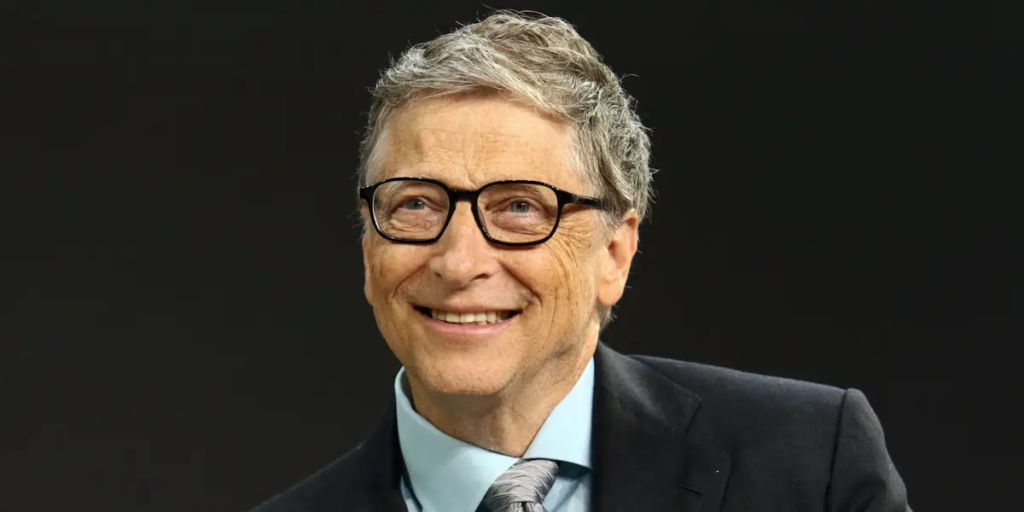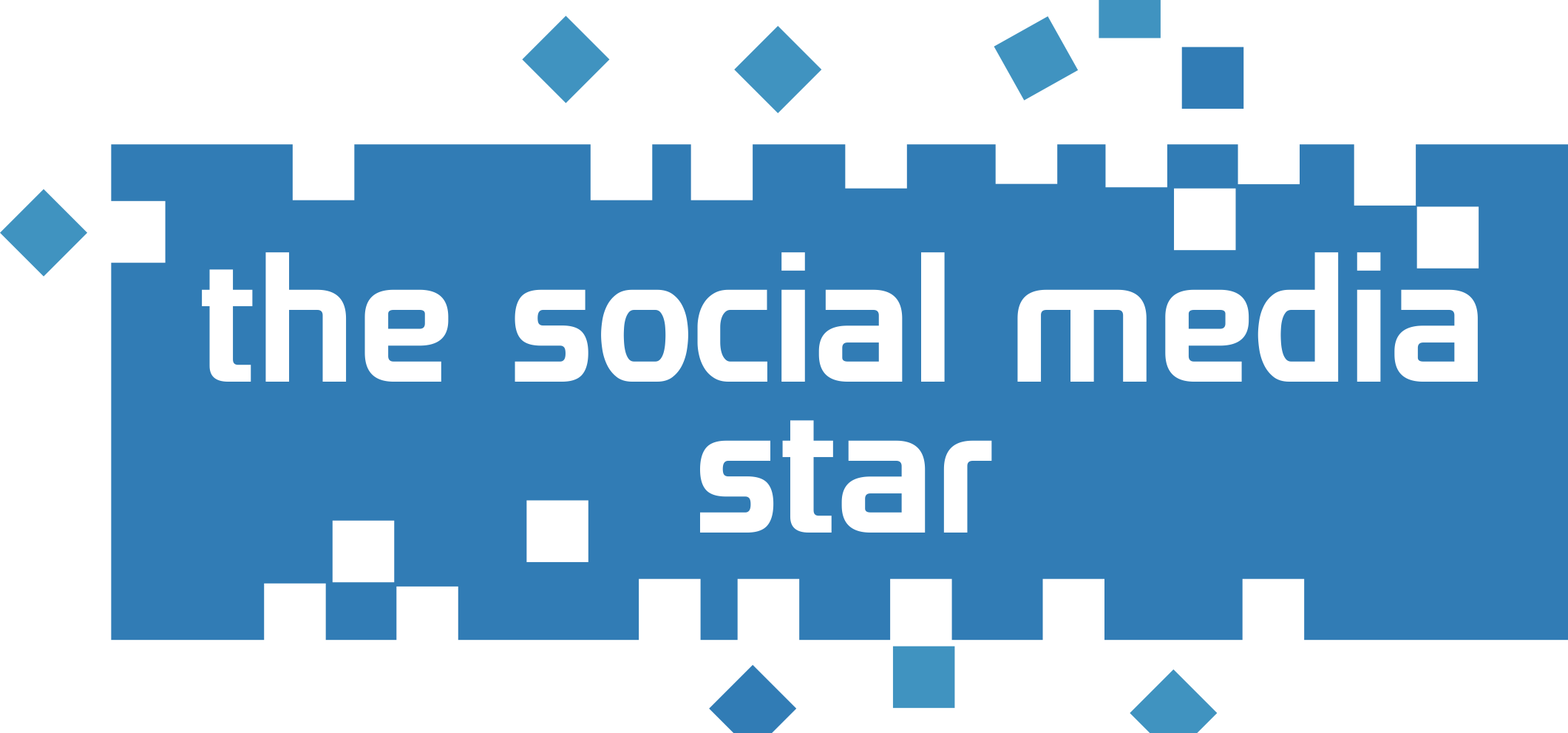According to Microsoft cofounder Bill Gates, the growth of AI threatens Google’s search engine revenue
Microsoft cofounder Bill Gates predicted that Google’s search engine earnings would decline in the future because the business he cofounded has been able to advance artificial intelligence quickly.
Gates stated: “Google has owned all of the search profits. The search profits will be down, also their share of it may be down because Microsoft has been competent to move fairly quickly on that one. Gates was speaking on a Monday episode of “In Good Company,” a podcast hosted by Nicolai Tangen. The head of the Norwegian sovereign wealth fund.
Microsoft reported advertising earnings of $18 billion in 2022, compared to Google’s $224 billion.
Gates had previously stated to Forbes that AI is “every bit as essential as the PC. As the internet” earlier in February. He acknowledged on the show. That he was startl by the recent acceleration in AI development but predicte that it would be the “biggest thing in this decade.”

Two weeks before his remarks, Microsoft debuted a version of its Bing search engine. That uses artificial intelligence (AI), positioning it as a rival to Google’s dominance in the search market. According to web analytics provider Statcounter, Google controls about 93% of the worldwide search-engine market, while Bing holds about 3%.
Google’s parent company, Alphabet, also unveiled an AI tool called Bard while Microsoft launched Bing. Both the updated Bing and Bard are available for testing.
Although Gates stated on the podcast that he was “not confident” there would be a winner in the race for artificial intelligence. Wedbush’s Dan Ives claimed Microsoft is currently “leading the pack” in this field.
When AI fully integrates into search engines, Gates hopes to replace the need for separate services from various tech companies with a “personal agent” that comprehends users’ needs and preferences. This would contrast the current situation, where Google dominates search. Amazon dominates shopping, Microsoft dominates productivity tools, and Apple dominates the device market.

